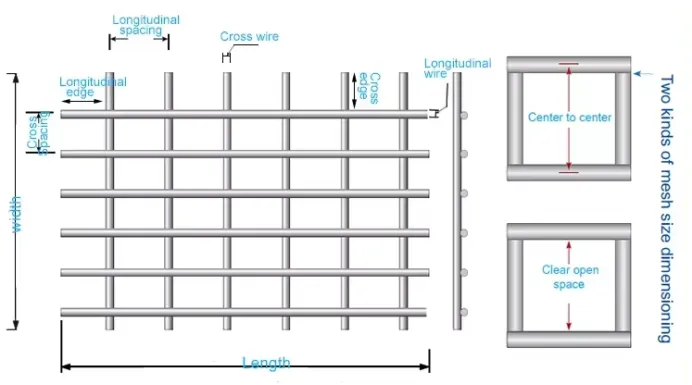Aug . 15, 2024 00:23 Back to list
Durable and Weather-Resistant Galvanized Roofing Nails for Secure and Long-Lasting Roof Installations
The Importance of Galvanized Roofing Nails in Construction
When it comes to construction and roofing projects, the choice of materials plays a crucial role in ensuring durability and longevity. One of the often overlooked yet vital components is the fasteners used—specifically, galvanized roofing nails. Understanding the significance of these nails can help both homeowners and contractors make informed decisions.
What are Galvanized Roofing Nails?
Galvanized roofing nails are fasteners specifically designed for roof installation. They are made from steel and coated with a layer of zinc through a process called galvanization. This coating provides a protective barrier against corrosion, making galvanized nails ideal for outdoor applications where exposure to moisture, temperature fluctuations, and other environmental elements is a concern.
Benefits of Using Galvanized Roofing Nails
1. Corrosion Resistance The primary advantage of galvanized roofing nails is their resistance to rust and corrosion. Traditional steel nails can easily corrode when exposed to the elements, especially in humid or wet climates. Galvanization shields the steel from moisture, extending the lifespan of the nails and, by extension, the roofing materials they secure.
2. Durability Galvanized roofing nails are designed to withstand the stresses of various weather conditions, including strong winds, heavy rain, and snow. Their durability ensures that the roofing material stays intact over time, reducing the need for repairs and replacements.
3. Versatility These nails are not limited to roofing. They can be used in various construction projects, including siding, decking, and framing. Their versatility makes them a valuable addition to any contractor's toolkit.
galvanized roofing nails

4. Ease of Installation Galvanized roofing nails are generally designed with a larger head to provide a better grip on roofing materials. This feature makes installation simpler and more efficient, as the nails are less likely to slip or pull out during application.
5. Cost-Effectiveness Although galvanized nails may have a slightly higher initial cost compared to non-galvanized options, their long-term benefits and durability provide significant cost savings. By reducing the necessity for repairs and enhancing the life of roofing installations, they ultimately prove to be a wise investment.
Types of Galvanized Roofing Nails
Different types of galvanized roofing nails serve various purposes, varying in size and design. The most common types include
- Smooth Shank These provide basic fastening ability but may slip under severe conditions. - Ring Shank These nails feature rings along the shank for increased holding power, making them suitable for areas exposed to wind. - Screw Shank Designed for extra grip, screw shank nails are less likely to pull out, ensuring a secure fastening in both shingles and underlayment.
Conclusion
In conclusion, galvanized roofing nails are an essential component of any roofing project. Their corrosion resistance, durability, and versatility make them a preferred choice among contractors and homeowners alike. The investment in quality galvanized nails not only contributes to the integrity of the roof but also ensures long-term performance and reduced maintenance costs. As you embark on your next construction adventure, remember the crucial role that these small yet mighty fasteners play in creating a strong, reliable structure. Whether you are building a new home or repairing an existing roof, opting for galvanized roofing nails is a decision that will pay off in the long run.
-
The Role of Field Wire Fence in Grassland Conservation
NewsJul.15,2025
-
Stainless Steel Razor Wire Durability in Coastal Environments
NewsJul.15,2025
-
Enhancing Home Security with Mesh Fences
NewsJul.15,2025
-
Diamond Mesh Wire for Small Animal Enclosures
NewsJul.15,2025
-
Common Wire Nail Tensile Strength Testing for Woodworking
NewsJul.15,2025
-
Barbed Wire Corrosion Resistance Galvanization Techniques
NewsJul.15,2025









